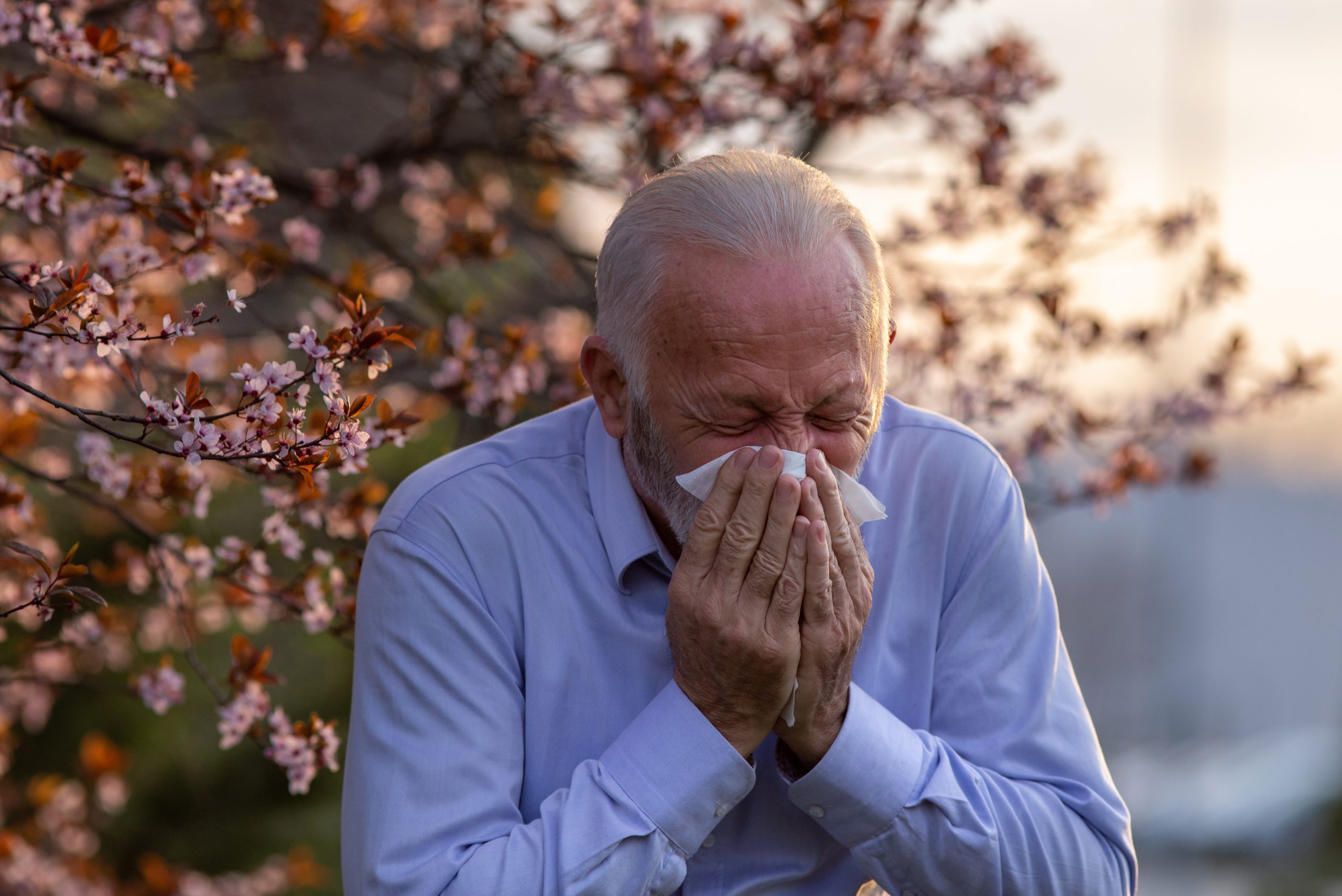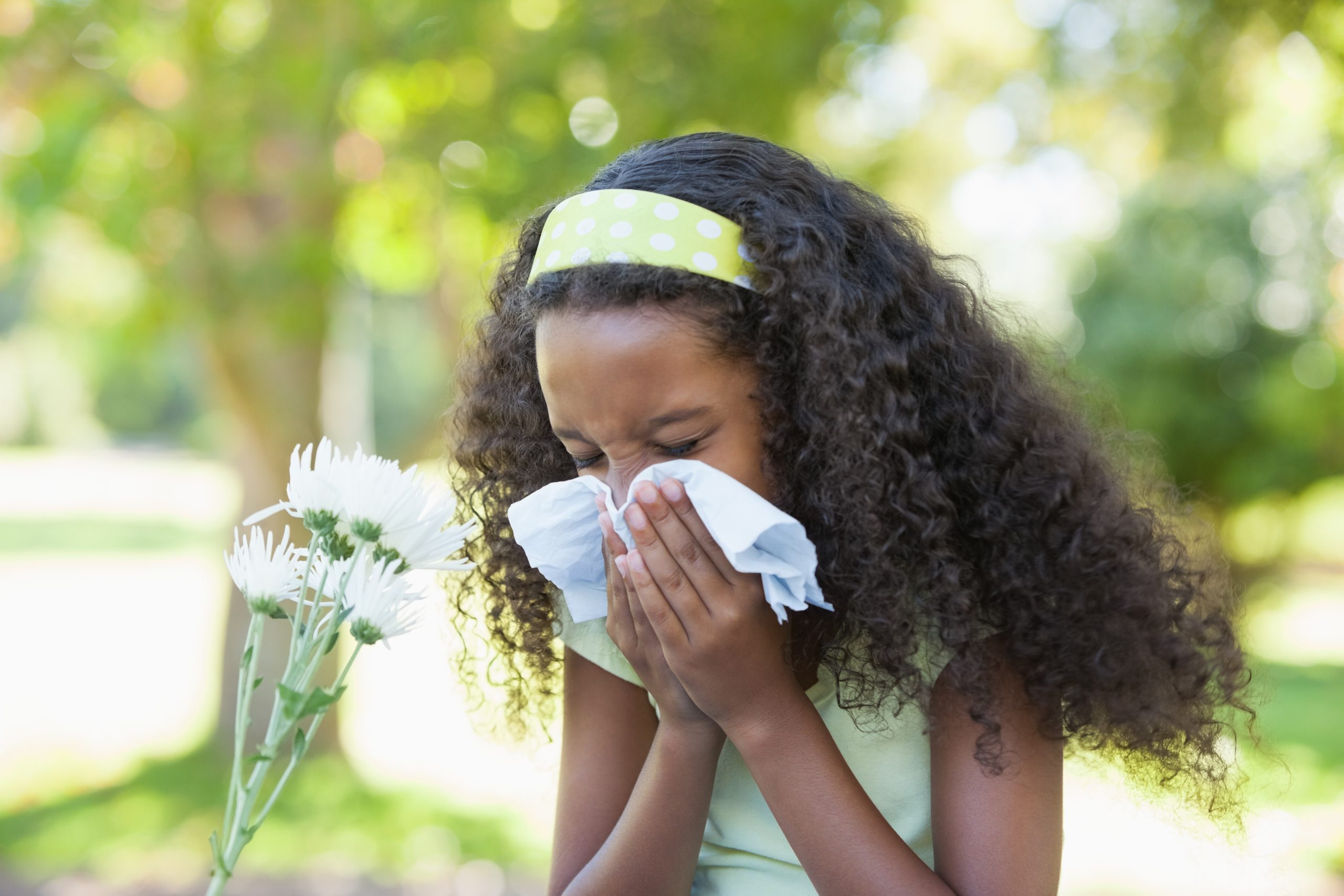Summer safety tips for kids

As parents ourselves, we understand how traumatizing it can be for children and parents when an accident occurs. Summer is a great time for exploring the outdoors, learning new things and experiencing new adventures – but we still want your child to play it safe!
Use the tips below to learn how to prevent your child from experiencing common summer illnesses and accidents!
Find shady areas – We all enjoy having fun in the sun, but it’s extremely beneficial to take breaks from the sun when you can. The sun’s rays are strongest between the hours of 10:00 am to 4:00 pm, but if your child must be outdoors during that time frame try to limit their amount of direct sun exposure when possible.
Sun protection – The sun can be very brutal during the summer months, especially in Texas! Protecting yourself and your little ones from the harsh UV rays of the sun is important to prevent damage to the skin and eyes. Before heading outdoors, always make sure to apply sunscreen with an SPF of at least 30 and reapply every 2 hours for the highest protection (especially after activities involving water). Don’t forget sunglasses!
Swim safety – Adult supervision is always a must when kids are swimming but practicing safe swim habits with your child helps to further protect them in the water and provide greater peace of mind for parents. Discover our top ten swim safety tips we recommend here to prevent fewer accidents and injuries on swim days!
Poison ivy – When outdoor activities increase, the chances of developing poison ivy do as well – which can result in a painful allergic reaction for your child. Poison ivy is a poisonous plant commonly found throughout the entire U.S. and can be found in wooded areas or even your backyard. Before your child engages in outdoor activities such as camping, hiking or playing at the park it can be extremely beneficial to help them identify the key differences between poison ivy and similar plants because even adults can mix them up! Always remember, “leaves of three, let it be.”
Stay hydrated – While dressing in light, breathable clothing during the summer helps our bodies avoid overheating, drinking plenty of water throughout the day is key for preventing dehydration from heat exhaustion. Additionally, when your child is away on outings without you, make sure they understand how much water they should be drinking to stay cool on hot days and beat the summer heat!
Summer allergies – Allergies can strike at any season of the year, especially in the summer! Common substances that are found to cause allergies in the summer include pollen, grass, ragweed, mold and bug stings and bites which could potentially lead to life-threatening situations. Allergy symptoms typically show up in the form of watery eyes, a runny nose, itchiness in the nose or eyes, coughing and sneezing. Since it can be difficult to tell the difference between allergies and colds in children, allergy testing can be helpful in determining what substances your child may have an allergic reaction to, if any at all.
When in doubt, we encourage parents to always trust their instincts. If you’re unsure of the severity of a situation or at-home treatment doesn’t seem successful, please schedule an appointment with your child’s pediatrician by clicking here.
If your child is suffering from extreme trauma please seek care from an emergency facility immediately.
Regardless of the date published, no content on this website should ever be used as a replacement for direct medical advice from your primary care provider or another qualified clinician.






